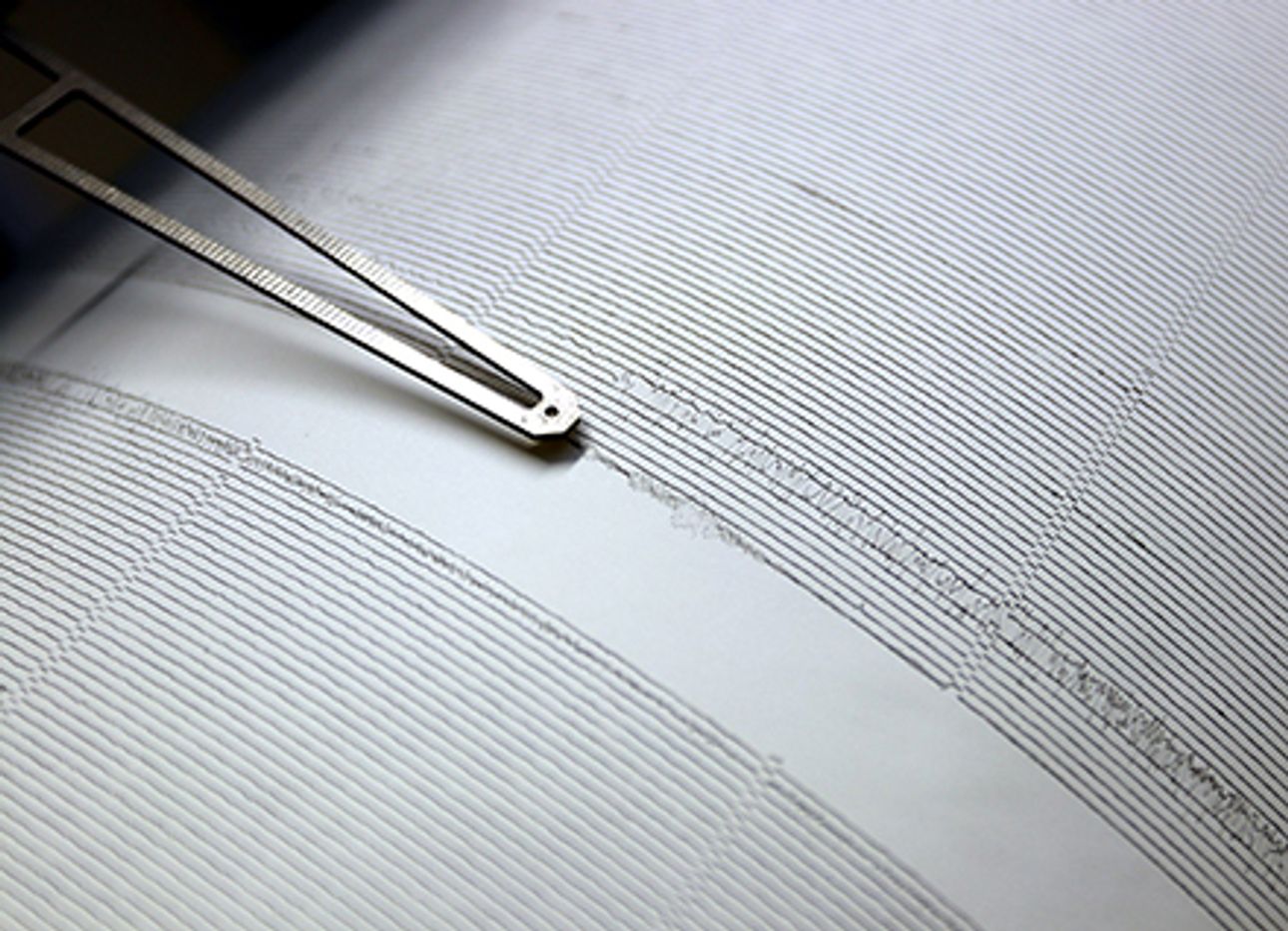
In the Age of “Anthropause,” Scientists Are Studying a Seismic Hush
This time of year usually signals rest and recharging for many, with relaxation and summer travels in store. All of that has changed due to the pandemic, as the sudden extended period of slowness has drastically reduced human activity levels at an unprecedented global scale. In a recent article published in the journal Nature Ecology & Evolution, scientists have coined a term for this particular window of time—the “anthropause”—and have set out to quantify its effects, using this rare moment in history, in the face of human tragedy, to better understand humanity's impact on Earth and the many species we share it with. “There is an amazing research opportunity, which has come about through really tragic circumstances,” biologist Christian Rutz, one of the paper’s lead authors, told Wired. “And we acknowledge that in the article. But it’s one which we, as a scientific community, really can’t afford to miss. It’s an opportunity to find more about how humans and wildlife interact on this planet.”
Among the many research directions being taken up, one involves tracking the significant “seismic hush” that’s allowing scientists to more closely listen and study natural sound patterns and ambient noises—such as earthquakes and tectonic shifts—that are normally drowned out by human travel and industrial activity. By tracking smaller earthquakes and movements, for example, scientists hope to better predict when a larger quake may occur. “This is likely to become a landmark article in the fields of seismic monitoring and ambient noise tomography,” one scientist, volcanologist Jan Lindsay, said. “The ‘2020 seismic noise quiet period’ will likely become something that Earth science students of the future will learn about in textbooks.”